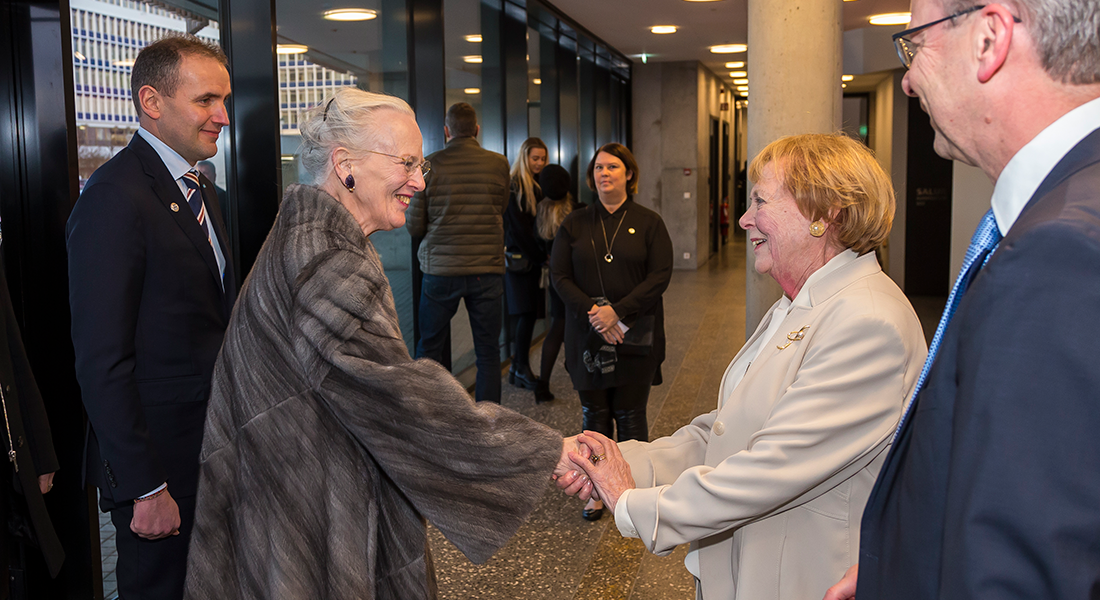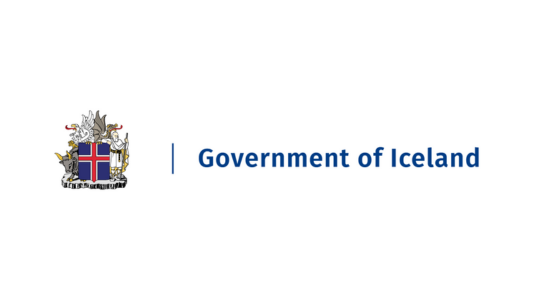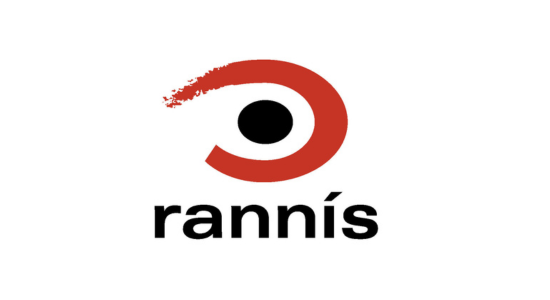About ROCS
Queen Margrethe's and Vigdís Finnbogadóttir's Interdisciplinary Research Centre on Ocean, Climate, and Society (ROCS) aims to quantify and analyse the historical relationships between ecosystem structure and climate development in marine and terrestrial environments in and around Iceland.

Central to the centre’s work is the novel application of ancient sedimentary DNA analysis on marine and lake sediment cores. This, for the first time, is enabling description of entire ecosystems in relation to climate development in this region through historical time. The biological studies will allow us to describe how ecosystems both in the ocean and on land have varied in relation to climate changes over 10s of thousands of years, i.e. since long before humans arrived in Iceland.
The centre is, however, also pursuing new understanding of how human communities in Icelandic population have impacted and been impacted by changes in ecosystem services caused by climate change. Through these trans-disciplinary studies, the centre provides both ground-breaking new natural science understanding of the interaction between the climate and the biosphere and examines how these interactions influence human (as interpreted through the humanities and social sciences)-biosphere interactions.
The centre was established in 2020 in honour of Queen Margrethe II's 80th and Vigdís Finnbogadóttir’s 90th birthdays and in recognition of the long and strong tradition of scientific collaboration between the two countries. Researchers from several Danish and Icelandic institutions contribute to the centre led by Professor Katherine Richardson, Globe Institute, University of Copenhagen.
All scientific staff employed by the centre spend time in both countries with the aim of developing a network of emerging researchers to be bearers of the Danish-Icelandic tradition of academic collaboration into the future.
The centre is funded by the Carlsberg Foundation with supplementary funding provided by Rannís and the Government of Iceland. The roots of the centre lie at University of Iceland and University of Copenhagen, where those employed directly by the centre are hosted.





